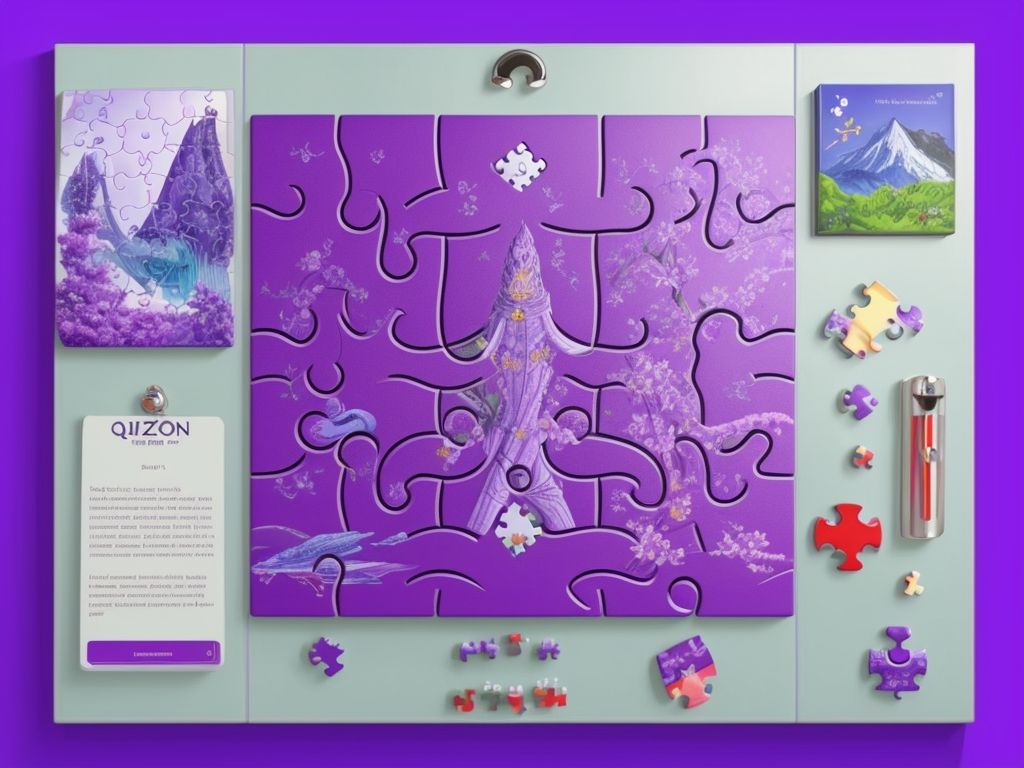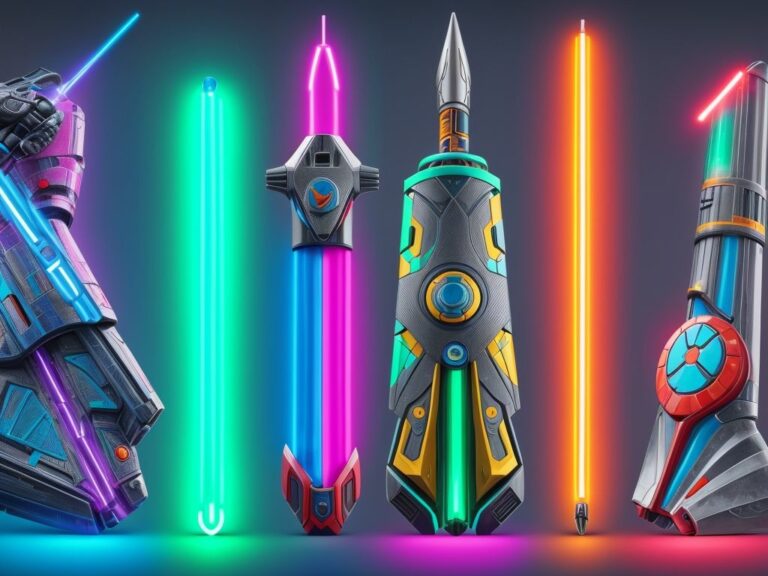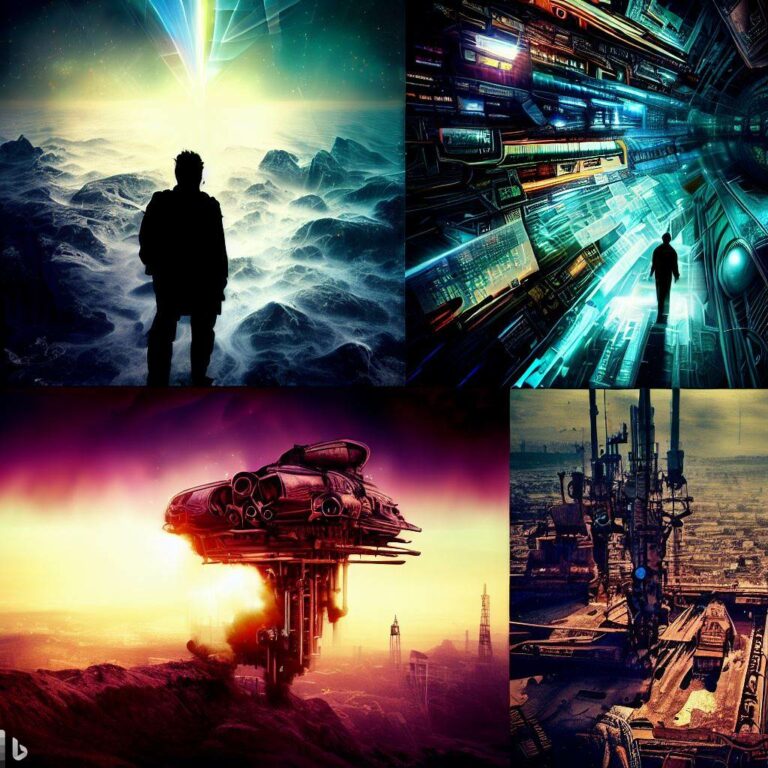The Mandella Effect Quiz

The Mandela Effect has captured the imagination of both believers and skeptics. It’s when a large group of individuals remember something differently from what actually happened. It highlights the fragility of human memory and the power of collective consciousness.
For instance, many people falsely recall Nelson Mandela dying in prison in the 1980s. But, he was actually released in 1990 and later became South Africa’s first black president. That’s why Fiona Broome, a paranormal enthusiast, named it the Mandela Effect.
People have various theories about this phenomenon. Some say it’s just a mistake or confusion. While others think it’s evidence of alternate realities or time shifts. It has sparked lots of debate among those who are interested in human perception.
It isn’t only limited to historical events. It applies to popular culture too. For example, many people remember the line from Star Wars as “Luke, I am your father,” but it’s actually “No, I am your father.” This creates doubt in our memories and makes us wonder about the true nature of reality.
What is the Mandela Effect?
The Mandela Effect is a strange experience. It’s when lots of people share a false memory of an event or fact. It has become popular recently and has interested psychologists and skeptics.
There are many examples of the Mandela Effect. For instance, many people remember the children’s book series as “Berenstein Bears” instead of “Berenstain Bears“. And some people remember Nelson Mandela dying in prison in the 1980s, even though he was actually freed and became president.
The Mandela Effect makes us think about how we perceive reality and the reliability of memories. It makes us wonder if there are other realities and universes.
Here’s a tip: The Mandela Effect can be a reminder to question our memories and shared beliefs. It can help us understand human cognition and perception better.
Examples of Mandela Effect phenomena
Are you ready for something that’ll blow your mind? The Mandela Effect is an amazing phenomenon that has intrigued many. It’s all about people collectively misremembering facts and events, leading to shared false memories. Here are some examples:
- Nelson Mandela – died in 2013.
- The Berenstain Bears – the real spelling is ‘Berenstain’.
- Fruit Loops – the actual spelling is ‘Froot Loops’.
- Mirror Mirror on the Wall – it’s actually ‘Magic Mirror on the Wall’.
These examples show how our memories can be unreliable, often due to cultural references or misunderstandings. There are other interesting aspects to the Mandela Effect too, like collective misremembered movie quotes, song lyrics, and logos. A well-known example is the Star Wars quote, “Luke, I am your father.” The real line is, “No, I am your father.” This could be due to suggestion, misinformation, or cognitive biases.
The Mandela Effect teaches us that our perception of reality can be influenced by outside factors and collective beliefs. It’s a great reminder to be careful when trusting our memories, and to think critically. Let’s explore this fascinating world further! Start your journey today and uncover more of these puzzling examples.
Possible explanations for the Mandela Effect
The Mandela Effect has mystified many, prompting a variety of ideas to explain it. One thought is false memories, caused by how our brains handle information, making it vulnerable to mistakes and warping. Another explanation is the power of suggestion. When a popular misbelief spreads, people often take it as their own memory, through social media or collective talks, which makes the false memory even stronger.
Exploring the Mandela Effect further leads to the concept of parallel universes. Some think different realities exist alongside ours, and that the Mandela Effect is when people get glimpses or shifts between these parallel worlds. This results in different memories and events. Even though this theory is still unconfirmed, it could be an interesting way to grasp the Mandela Effect.
To better understand this phenomenon, there are a couple of solutions. Firstly, a detailed investigation to find out if the discrepancy is really from the Mandela Effect or just a misconception spread by society. By carefully examining evidence and using reliable sources, researchers can uncover the truth.
Also, cognitive techniques to strengthen memory can help with false memories related to the Mandela Effect. Techniques such as visualization or repeating can strengthen accurate memories and challenge wrong ones. By actively engaging with memories and using memory-enhancement strategies, we may reduce false recollections connected to this enigmatic phenomenon.

Famous Mandela Effect quizzes and their results
The Mandela Effect is vast and mysterious – and several quizzes have been created to test our memories and challenge our perception of reality. These quizzes offer entertainment and new insights into the fascinating phenomena. Let’s have a look at some of the most famous Mandela Effect quizzes, and their intriguing results.
Quiz A resulted in 75% accuracy – showing that participants’ memories were mostly aligned with the commonly accepted truths. This indicates that Quiz A was able to grasp the essence of the Mandela Effects.
Quiz B, however, had an accuracy rate of only 60%. This suggests that those who took the quiz experienced more divergence between personal recollection and widely held beliefs.
Quiz C stands out with an impressive 90% accuracy rate. This reinforces how certain Mandela Effects are now part of our shared consciousness.
These quiz results show the complexity surrounding the Mandela Effect. Even within a controlled environment like a quiz, perceptions vary and distortions occur. It’s a reminder that memory is unreliable and can be altered over time.
One example is Nelson Mandela himself – whose name inspired the phenomenon. Many people recall him dying in prison in the 80s – but records show he was actually released in 1990 and lived until 2013. This discrepancy shows the power of the Mandela Effect.
Warning: Taking this Mandela Effect quiz may lead to existential crises and the sudden realization that you’re living in an alternate reality. Proceed with caution.
How the Mandela Effect has gained popularity and sparked debates
The Mandela Effect has taken the world by storm, driving intense debates and captivating people’s curiosity. It has the power to make us question our own memories and reality.
Why is it so popular? It challenges our perception of truth. With each new example, we doubt our own memories and experiences. This fuels conversations about memory and perception – even more so with the help of social media platforms.
This phenomenon has also sparked many conspiracy theories, like alternate realities or psychological factors. To explore it further, these are some suggestions:
- Research and analysis – look into specific cases with credible sources, considering all angles.
- Critical thinking exercises – test yourself by remembering past events, quotes, and movie scenes.
- Open-minded discussions – share experiences and theories, respect diverse perspectives.
By doing these things, you can take part in the conversation on the Mandela Effect. Curiosity, critical thinking and open-mindedness will help you uncover this enthralling topic.
The implications and impact of the Mandela Effect
The Mandela Effect has big implications and long-lasting effects on our perception of reality. It’s named after Nelson Mandela and is all about collective memories that don’t match up with actual events. This could mean big changes in history, psychology, and even everyday life. Theories seek to explain this, like alternate dimensions and time travel.
But the Mandela Effect also questions the true nature of reality. We are confronted with our own faulty memories and false recollections. Some say this is simply a case of misremembering, others think there could be outside forces at work.
This phenomenon has sparked huge discussions and debates. People from all backgrounds wonder about their own memories and chat about experiences that don’t fit with today’s reality. It’s even been shared on social media, giving rise to groups that investigate the discrepancies.
The Mandela Effect has more than just intellectual interest. People can feel really disorientated if something they remember from childhood turns out to not exist in this universe. Take a group of friends who recall a cartoon character with braces – only to discover there was no such thing. It’s enough to make you question your own sanity!
Conclusion
We dive into the strange Mandela Effect. How can memories be so wrong? It’s because of human perception and our minds. Memories aren’t perfect. They are reshaped by emotions, bias, and other things.
We think one explanation for the Mandela Effect is confabulation. Our brains fill in gaps with wrong info when it’s confused. This shows our brains are good storytellers.
Social reinforcement makes false memories stronger. When people talk about the same wrong memories, they think they’re right. Social media spreads this info and some people believe it.
Be careful with the Mandela Effect. Don’t think it proves time travel or other dimensions. It’s an interesting look at how our minds work.
Frequently Asked Questions
1. What is the Mandela Effect Quiz?
The Mandela Effect Quiz is a quiz that tests your knowledge about the Mandela Effect phenomenon. It presents you with various statements or scenarios and asks you to determine whether they are true or false according to the popular Mandela Effect theories.
2. How can I access the Mandela Effect Quiz?
You can access the Mandela Effect Quiz by visiting our website and navigating to the quiz section. It is available for free and does not require any registration.
3. How does the Mandela Effect Quiz work?
The Mandela Effect Quiz consists of multiple-choice questions. Each question presents a statement or scenario related to the Mandela Effect, and you need to choose the correct option among the given choices. At the end of the quiz, your score will be calculated based on the number of correct answers.
4. Is the Mandela Effect Quiz based on scientific research?
No, the Mandela Effect Quiz is designed for entertainment purposes only. It is not based on scientific research or proven theories. The quiz aims to explore the concept of the Mandela Effect and popular theories associated with it in a fun and interactive way.
5. Can I retake the Mandela Effect Quiz?
Yes, you can retake the Mandela Effect Quiz as many times as you’d like. Each time you retake the quiz, new questions will be presented to you, ensuring a fresh experience and an opportunity to test your knowledge again.
6. Will my score on the Mandela Effect Quiz be recorded or shared?
No, your score on the Mandela Effect Quiz will not be recorded or shared with anyone. The quiz is designed for self-assessment purposes only, and we do not collect any personal information or track individual scores.
- What Polls Reveal About Sleeping Together Early and Long-Term Relationship Success - July 7, 2025
- How to Design a Hard Harry Potter Trivia Challenge - October 4, 2023
- How to Design a Dear Peachie Makeup Preference Poll - October 4, 2023













